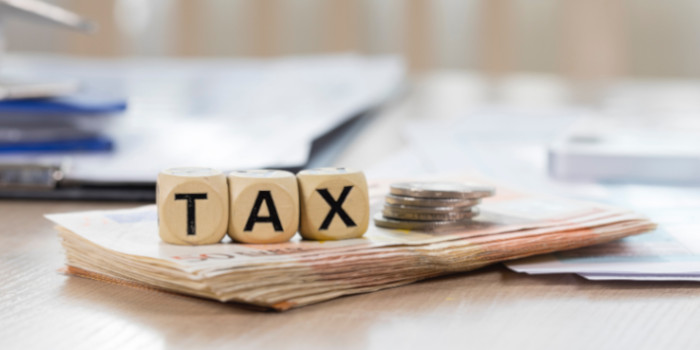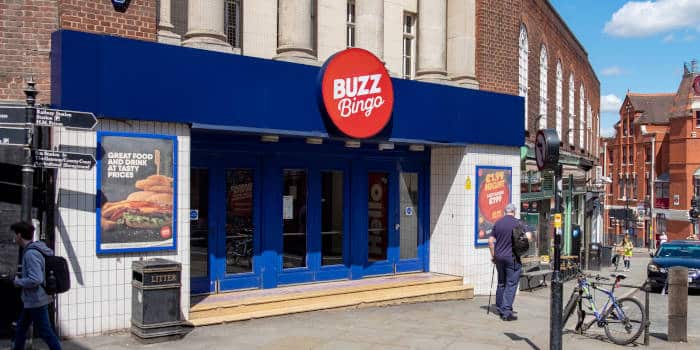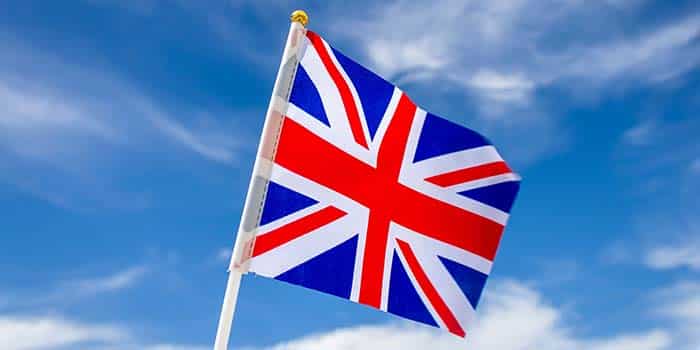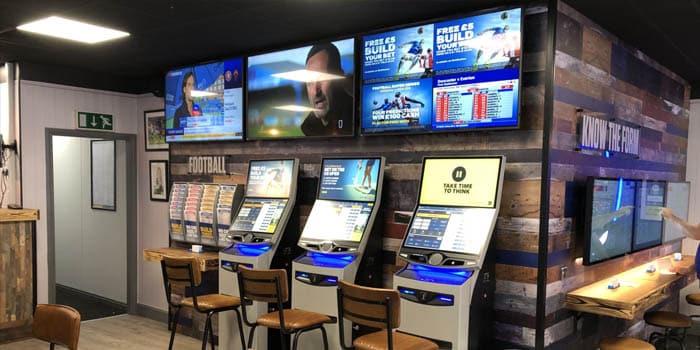- Casino
- By State
- Alabama
- Alaska
- Arizona
- Arkansas
- California
- Colorado
- Connecticut
- Delaware
- Georgia
- Florida
- Hawaii
- Idaho
- Illinois
- Indiana
- Iowa
- Kansas
- Kentucky
- Louisiana
- Maine
- Massachusetts
- Maryland
- Michigan
- Minnesota
- Mississippi
- Missouri
- Montana
- Nebraska
- Nevada
- New Hampshire
- New Jersey
- New Mexico
- New York
- North Carolina
- North Dakota
- Ohio
- Oklahoma
- Oregon
- Pennsylvania
- Rhode Island
- South Carolina
- South Dakota
- Tennessee
- Texas
- Utah
- Vermont
- Virginia
- Washington
- West Virginia
- Wisconsin
- Wyoming
- By State
- Slots
- Poker
- Sports
- Esports
MPs Sign a Letter Urging for £2 Online Slot Limits in the UK

In the wake of the FOBTs ban, which never brought the United Kingdom brick-and-mortar gambling sector to its metaphorical knees as originally feared, legislators are now entertaining the idea of expanding the same measure to the online gambling space. The debates over the betting limits for FOBTs were heated, and they prompted government officials to resign as a form of an official protest over delays.
The Betting and Gaming Council (BGC) predicted catastrophic consequences for the industry, but seemingly none of this has transpired. The brick-and-mortar sector was far more heavily impacted by the pandemic than the reduction of betting limits to £2, roughly $2.70 per spin. The measure was implemented in a timely fashion and with strong support as it was seen as something that would save lives.
In the debates discussing the FOBTs betting limit, FOBTs were likened to “crack cocaine,” as they have been linked to suicide and other serious gambling-related harm. So, what would happen if the same measure was applied to online slot machines? The Telegraph, a British media outlet, received a letter from 160 Members of Parliament who talked about gambling betting limits and the social impact it has on youths.
Members of Parliament Ready to Act on $2.70 Slots Betting Limit
The letter is a call for action to the government to take a closer look at online slots and reform the industry so that consumers are better protected. Studies have been torn over whether restricting online slot limits would help, but every new regulatory framework in Europe has been following the same rules – more or less – for advertisement, self-exclusion, deposit, and bet limits.
While industry leaders have objected, cautioning that offshore gambling will start returning to legalized markets, most of the enacted changes have been introduced to protect consumers, and many have succeeded. The question that now remains is if limiting online slot limits would be equally beneficial to consumers.
MPs point out that over 55,000 kids who are between the ages of 11 and 16 are already classified as problem gamblers. The letter also quoted a recent survey by Public Health England, which took stock of gambling prevalence across numerous regions in the country.
The social and economic cost, based on that same study, is estimated at $1.7 billion according to the company, basing those conclusions on fallout events such as divorces, bankruptcy, unemployment, and prison sentences. The proposal goes further to elaborate on another measure that allows gamblers to spend only £100 or roughly $133 per month.
The Proposal Is Not Entirely Unfair
The proposal doesn’t mean to outright ban or hinder gambling. Gambling is a source of income for the public purse. Rather, the idea behind the measure is to introduce additional checks.
Anyone willing to have access to higher limits will undergo additional screening, which will prove or disprove whether they are fit to spend any given amount on their gambling activity. Basically, it boils down to what you can “afford to lose.”
However, what proves to be a particularly sensitive point for the industry is the “VIP schemes” for which the proposal calls for an end. VIP customers are traditionally linked to the bulk of casino and gambling sites’ revenues. Sometimes as little as 2% of the consumer base a casino has may account for as much as over 80% of a company’s revenue, an article by The Guardian reported last year.
All of these proposals are part of a broader review of gambling that the United Kingdom is undertaking. One of the most liberal (and best-regulated markets in the world), the country is looking to introduce more consumer-focused measures that would help it to best protect gamblers.
In reality, the Nordics are doing an arguably better job, but that is mostly linked to the more “restrictive” approach out there. In reality, the European Commission estimates that Denmark is presently the only market that meets all consumer protection standards when it comes to gambling.
The $2.70 betting limit rule would definitely be one of the biggest shifts if it happens, and it would put the industry in front of some interesting choices as well. Whether consumers will be safer only time will show.
Related Topics:
Stoyan holds over 9 years of esports and gambling writing experience under his belt and is specifically knowledgeable about developments within the online scene. He is a great asset to the Gambling News team with his niche expertise and continual focus on providing our readers with articles that have a unique spin which differentiates us from the rest.
Previous Article

Industry
November 25, 2021
Facebook Named in Amended Complaint over Social Casino Apps

Next Article


Industry
November 25, 2021
On Air Entertainment Debuts First Live Game, Standard Blackjack
Must Read
More Articles




Sports
July 15, 2025
Undercover Spotters Catch Wimbledon Betting Spies

Industry
July 15, 2025
UK Considers Gambling Tax Hike to Fill Budget Gap

Casino
July 10, 2025
ASA Strikes Down Ad Complaint Against Buzz Bingo












